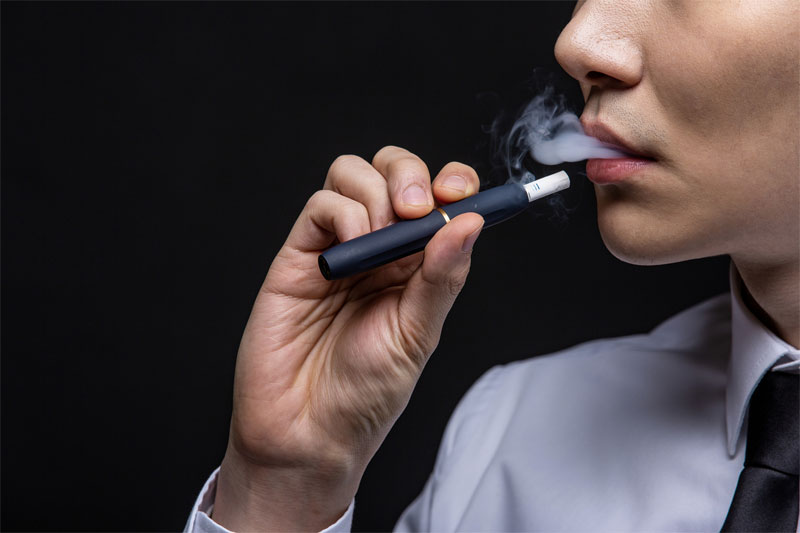Southwest Airlines, a popular choice among travelers for its customer-friendly policies and efficient service, has established a clear stance regarding the use of e-cigarettes on its flights. As the use of e-cigarettes, or electronic nicotine delivery systems, becomes more widespread, understanding the policies of airlines like Southwest is important for all passengers. Let’s delve into the details of their specific guidelines.
Comprehending E-Cigarette Usage Regulations
E-cigarettes have often been touted as a safer alternative to traditional tobacco products. However, when it comes to air travel, the safety and comfort of all passengers are paramount. Southwest Airlines categorically prohibits the use of e-cigarettes on board their aircraft. This policy aligns with their overarching commitment to passenger comfort and safety. If you’re planning to fly with Southwest, it’s essential to respect this rule and avoid any inconvenience or possible penalties.
Why Are E-Cigarettes Prohibited?
The prohibition of e-cigarettes is part of a broader policy against smoking on airplanes, which has been standard across most airlines for decades. E-cigarettes can potentially cause confusion or discomfort among other passengers, as they emit a vapor that may be mistaken for smoke. Moreover, the enclosed environment of an aircraft amplifies any risk associated with vaping, necessitating strict measures.
Permitted Carry-On Items
While you cannot use e-cigarettes during the flight, you are allowed to carry them in your carry-on baggage. However, it’s crucial to ensure that they are packed in compliance with airline and TSA regulations. E-cigarettes and associated products such as batteries should be secure and unavailable for use during the flight. Passengers should be aware of the security measures and any restrictions on lithium batteries typically found in e-cigarettes.
- Place e-cigarettes and related items in your carry-on luggage.
- Ensure all devices are turned off.
- Follow TSA guidelines regarding liquid nicotine refills.
Impact of Policy Violation
Violating Southwest’s e-cigarette policy carries steep penalties. Not only may you face fines, but you could also be removed from the flight or banned from future travel with the airline. It is crucial to adhere to the policy to ensure a smooth traveling experience for you and your fellow passengers. In-flight staff are trained to enforce these rules strictly to maintain safety.
Tips for Passengers Who Vape
If you’re a regular vaper, consider the following tips to ensure compliance and a comfortable journey:
- Before your flight, check all e-cigarette equipment to ensure it is stored safely.
- Stock up on any nicotine replacement products approved for use on flights, such as nicotine gum or patches.
- Plan your vaping schedule around your flights to minimize discomfort.
Connecting Flights and Layovers
If you have connecting flights or layovers, you might find vaping areas within the airport premises. Utilize these opportunities responsibly, and always arrive early to accommodate security checks that might be longer due to e-cigarette inspections.
Remember, different airports and countries may have varying regulations on e-cigarettes, so it’s wise to research ahead of time.
FAQs About Southwest Airlines and E-Cigarettes
Can I carry spare e-cigarette batteries on a Southwest flight?
Yes, you can carry spare batteries in your carry-on luggage. Be sure to store them in a protective case to prevent any accidents.

Are there any exceptions to the e-cigarette ban during flights?
No, there are no exceptions. For the safety and comfort of everyone on board, e-cigarette use is not permitted at any time.

What should I do if I need nicotine during a long flight?

Consider using nicotine gum or patches as these are permitted and can help alleviate cravings during long flights.
In summary, understanding and respecting Southwest Airlines’ e-cigarette policy ensures a smooth traveling experience. As airlines continuously adapt to new technologies and passenger needs, staying informed and mindful of rules is critical for every traveler.
